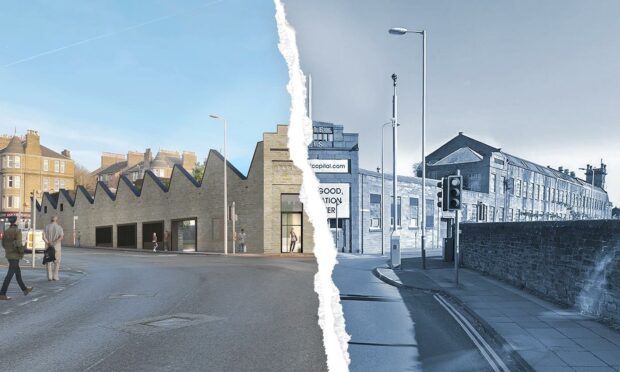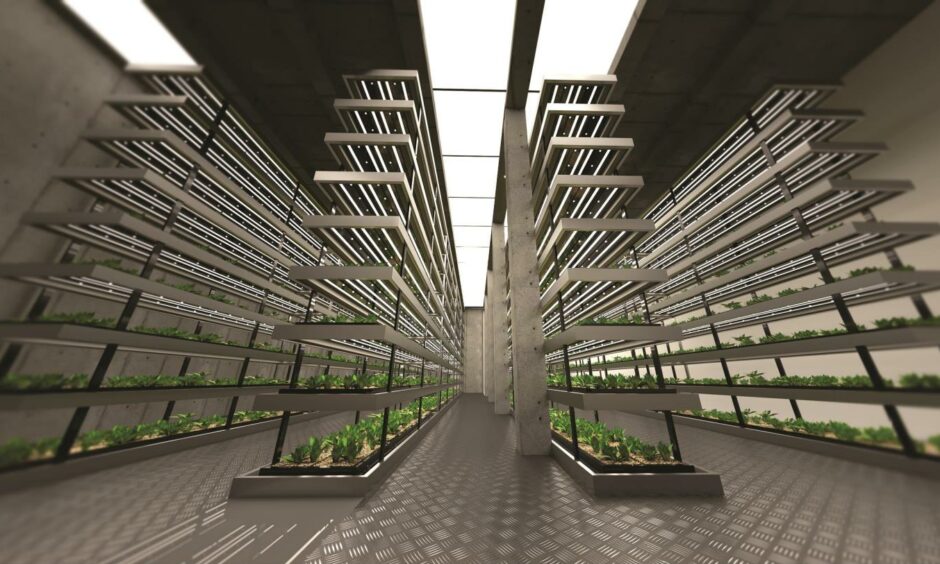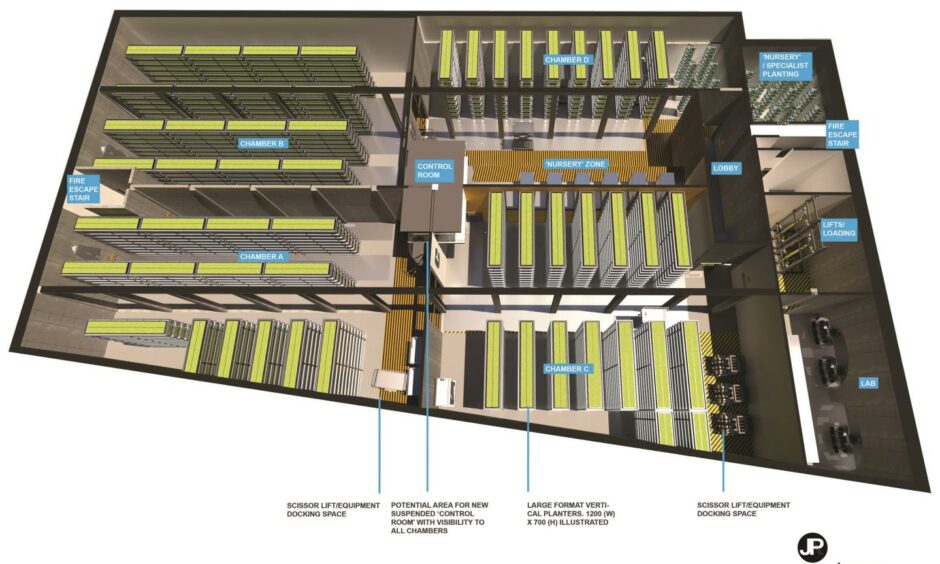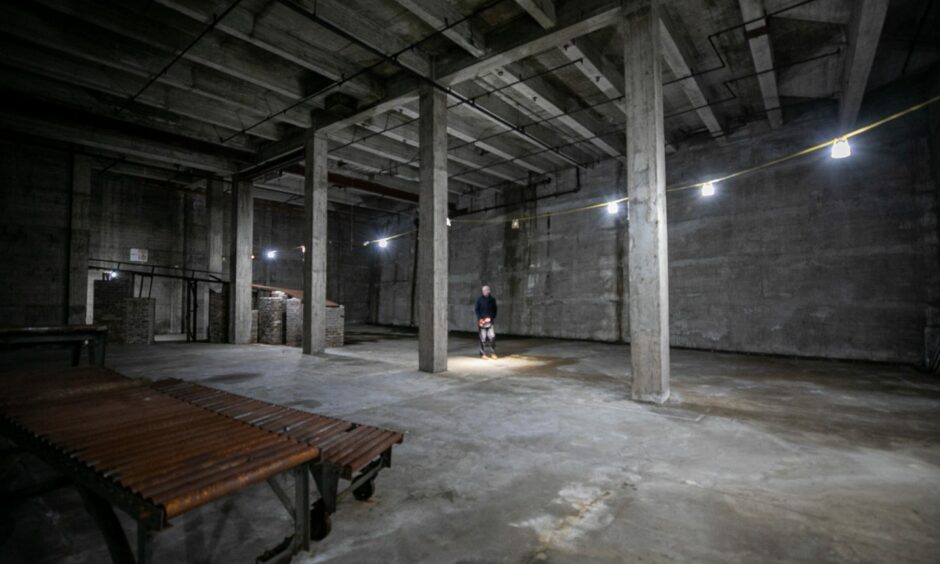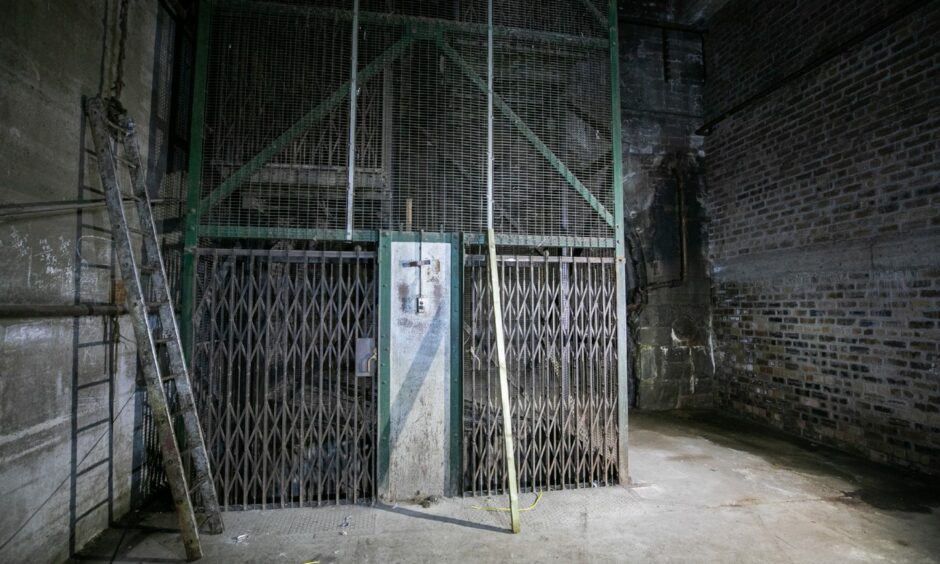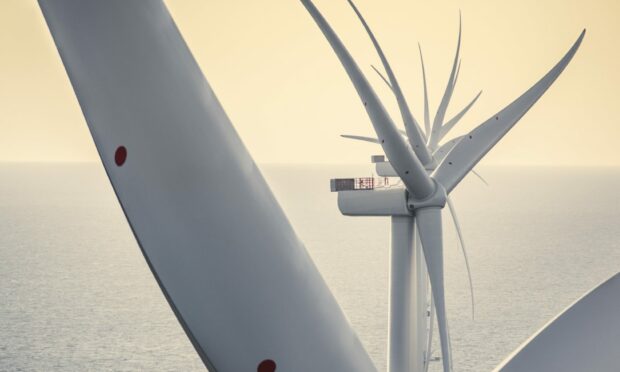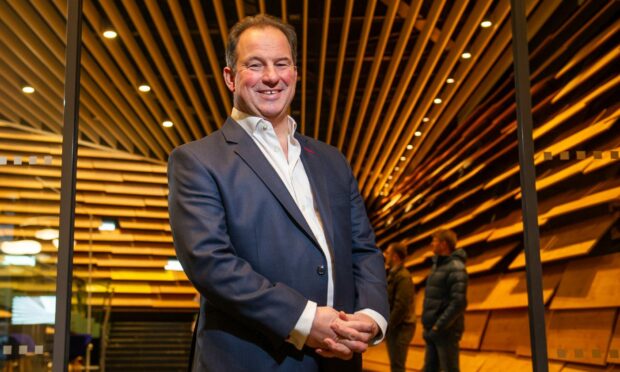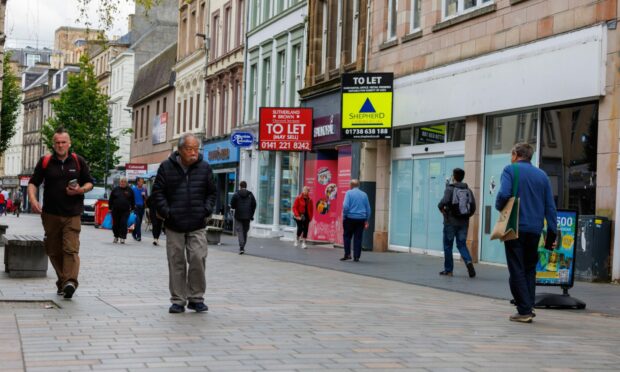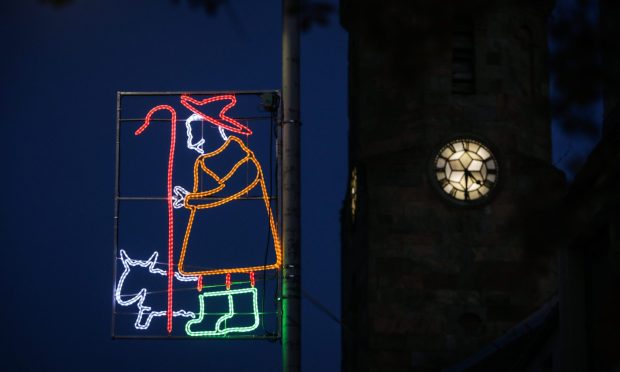Plans to turn a historic Dundee jute mill into flats, a nursery and business units have been expanded to include a vertical plant farm.
Plans to turn Eagle Mill on Victoria Street into 34 flats and commercial units started in 2018.
Since then, site owner Eagle Mill Capital bought the neighbouring site that housed Tayside Plumbing & Building Supplies.
The redevelopment plans then expanded to include the entire site surrounded by Victoria Street, Dens Road, Lyon Street and Brown Constable Street.
It has also taken the total cost of the development from £3.5 million to £8m.
Eagle Mill flats, nursery and bakery
Plans have been developed with the support of Broughty Ferry architect James Paul Associates.
They include 34 two- and three-bedroom homes, a nursery, bakery and coffee shop, as well as business units.
The historic building has a sign proudly stating “Change is good, transformation is even better.”
The developers plan to keep the iconic sawtooth roof of the B-listed building, but open up the building to create a courtyard.
In the basement developers plan to build a vertical farm.
Eagle Mill Capital managing director Graham Giblen says: “It would be perfect for a nightclub in London, but not up here.
“I had heard about vertical plant farms and contacted the James Hutton Institute.
“They said the basement was perfect for vertical planting.”
What is a vertical farm?
A vertical plant farm has small areas of land stacked above one another lit up by LED lights.
In each box, conditions such as humidity, temperature and light can be controlled to ensure optimal productivity.
Vertically farmed crops can be harvested 30-40% faster than crops grown outside and they can grow all year round.
Not many workers are needed to run a vertical farm, as once set up it can be controlled from a mobile phone.
Derek Stewart from the James Hutton Institute says: “The advantage is it doesn’t take a huge number of people to run it, but the skill level and the value of the job is very high.
“A lot of these farms can be run from a mobile phone, but you need people in there to harvest the produce.
“Because you’re growing produce indoors you know the time they’re going to harvest, and you can plan in advance what to plant.
“The vertical farm then becomes a smart, but natural, factory for producing food.”
Growing food in the city centre reduces food miles and therefore carbon emissions.
Professor Stewart estimates kitting out a vertical farm costs between a few hundred thousands to a couple million pounds.
Architects James Paul Associates estimates waterproofing and kitting out the basement will cost around £2m.
Plans for Eagle Mills completion in 2025
The jute mill basement still has the old lift and other equipment from when it was operational.
A new lift and emergency exit will be put in, as well as a control room and laboratory to run the farm.
Mr Giblen hopes the vertical farm can also become a site local school children can visit.
The site will show different plants used for food, medicine and cosmetics.
Eagle Mill Capital needs to get the plans approved before work on the site can start.
Work is planned to start at the end of 2023 with completion two years later.
The Eagle Mills site has been at the heart of Dundee’s jute heritage for a century and a half.
It was built in 1864 to house the pattern shop for Baxter Brothers Foundry where Baxters’ own machinery and structural work was manufactured.
At its height the Baxter family business employed 5,000 people.
In 1930, the Dens Works Foundry was extended to become the main modern jute spinning plant for Low and Bonar Ltd, making it the only new mill built between the wars.
Commercial jute production in the city ended in the 1970s as Dundee’s jute trade had begun to decline.
By 2016, inspectors were raising grave concerns about the condition of the Eagle Mills building and it was placed on Historic Scotland’s At Risk register.
